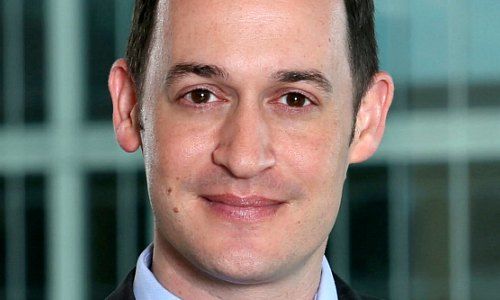That would effectively mean that investors waive their right to sue Tezos for restitution through a mass proceeding, and cannot sue Tezos anywhere but in Zug.
What if the Securities and Exchange Commission weighs in on the Tezos ICO, which raised $232 million in July?
This also depends on the treatment of tokens. In prior cases like the DAO [a virtual digital currency organization], the SEC has concluded that some cryptocurrencies will be considered securities under U.S. law. That means selling them without proper registration and without making proper disclosures to consumers could open up an issuer to civil and criminal sanctions.
«Crypto issuers pretend there is a hole in the map»
Many issuers try to avoid liability in the U.S. by not registering or marketing their crypto assets in the U.S., by avoiding U.S. conferences, and not selling to U.S. persons – basically just pretending there is a big hole in the map.
Tezos seems to have done exactly that: the firm raised its money in a Swiss foundation, which will buy the technology and distribute the tokens.
The U.S. government and specifically the SEC can act beyond the U.S.‘s boundaries. Simply saying, «I’m in Switzerland and I’ll use a foundation model to get favorable tax benefits» does not necessarily fully inoculate an issuer from liability.
Are there any precedents?
The DAO was not incorporated– its view was that a decentralized autonomous organization doesn’t need to be registered with any government. Hubris aside, it means we don’t have any analysis from the SEC that speaks to how effective any given jurisdiction may be as a haven to avoid liability. However, having no location of incorporation at all did not protect the Dao.
«The SEC can enforce its laws outside the U.S.»
I would look at it from a fundamental basis: are you a U.S. person, functionally controlling something outside the country, and is the foreign entity simply a ruse to avoid U.S. law? Are you a non-U.S. person whose venture targets U.S. consumers? The SEC has broad powers and can, when necessary to protect U.S. persons, act outside of the territorial boundaries of the U.S. to enforce its laws.
Drew Hinkes is a Miami-based partner with law firm Berger Singermann who practices state and federal commercial legal matters, especially contract litigation. He is also specialized in virtual currencies, smart contracts, distributed ledger-based technologies, computer data security and breaches as well as technology regulation. Starting next spring, he will lecture at New York University’s Stern School of Business as an adjunct professor.
- << Back
- Page 2 of 2



































